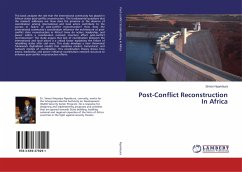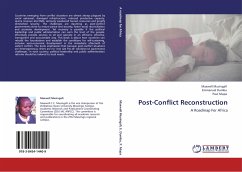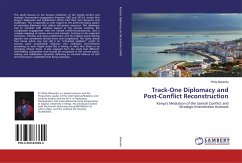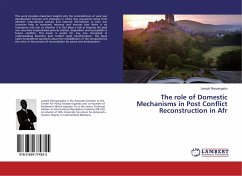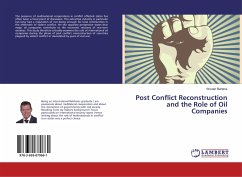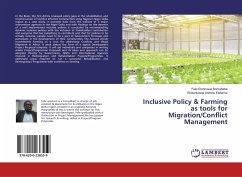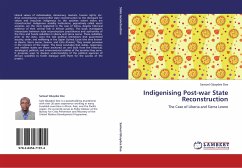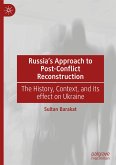This book analyzes the role that the international community has played in African states post-conflict reconstruction. The fundamental questions that the research addresses are: How does the presence or the absence of coordination among international and local actors contribute to the success or failure of post-conflict reconstruction? How does the international community's coordination influence the architecture of post-conflict state reconstruction in Africa? How do actors, leadership, and power within a coordination network structure affect post-conflict reconstruction? The study argues that lack of coordination between the international and local actors is a critical factor explaining the failure of rebuilding states after civil wars. This study develops a new theoretical framework (Hybridized model) that combines market, hierarchical, and network models of coordination. This coordination theory shows how actors, leadership, and power influence coordination network structureto enhance post-conflict reconstruction efforts.
Bitte wählen Sie Ihr Anliegen aus.
Rechnungen
Retourenschein anfordern
Bestellstatus
Storno

